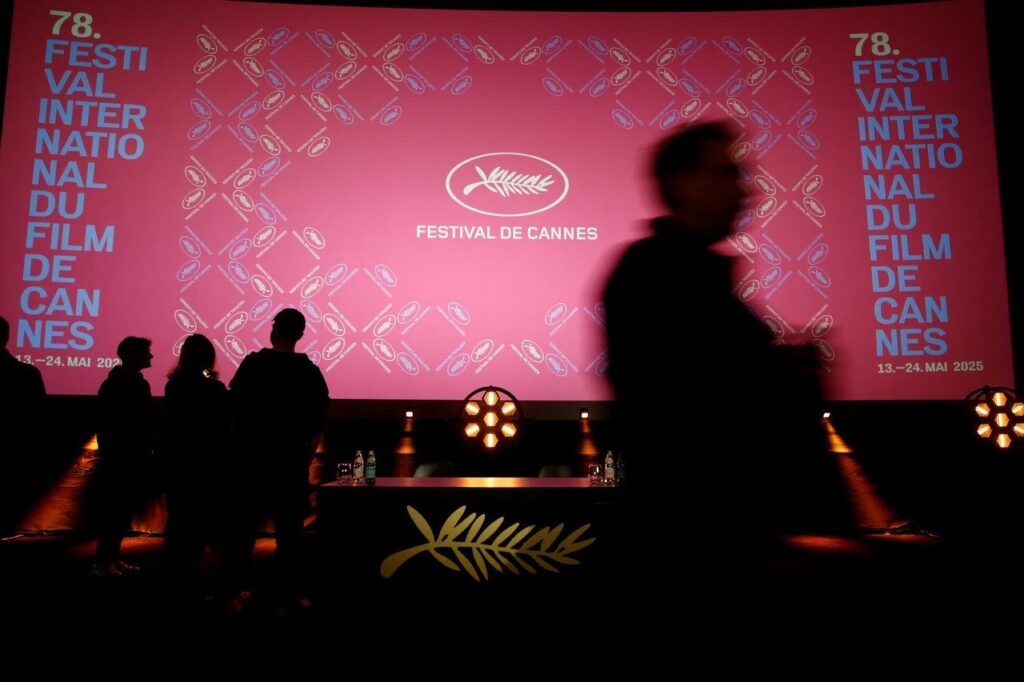Tehran – Following the patterns of art and cinema politicization, this year’s Cannes Film Festival has once again proven how artistic merit was sacrificed for political agenda.
Jafar Panahi’s new film won the Palme D’Or Award despite the award given for its political orientation, according to independent critics, with little artistic merit and little film appeal.
“It was just an accident” for Panahi on May 24th, French Europe and Foreign Minister Jean Noel Barott wrote in a post on social media platform X.
In the wake of these unfounded and interfering accusations of the French Foreign Minister against the Islamic Republic of Iran, the French accusations in Tehran were summoned by the Director-General of Western Europe Division II of Mohammad Tanhei, the Ministry of Foreign Affairs of Iran. Iran’s solid protests have been formally communicated to him.
The French minister’s words were described at the meeting as surprising intervention in Iran’s issues and were accused of being irresponsible and provocative. More formal clarification has been requested from the French Ministry of Foreign Affairs.
Tan Hai further denounced the French government for using film events organized for political reasons against the Islamic Republic of Iran, and added that he is a supporter of a robust Zionist regime, a country like France, and that a country with serious violations of human rights and humanitarian law, particularly a Palestinian state with the right to have the right to self-determination, will not cultivate other rights.
France’s Charge da aaaaaaaaaaaaaaaaaaaaaaaaaaaaaaaaaaaaaaaaaaaaaaaaaaaaaaaaaaaaaaaaaaaaaaaaaaaaaaaaaaaaaaaaaaaaaaaaaaaaaaaaaaaaaaaaaaaaaaaaaaaaaaaaaaaaaaaaaaaaaaaaaaaaaaaaaaaaaaaaaaaaaaaaaaaaaaaaaaaaaaaaaaaaaaaaaaaaaaaaaaaaaaaaaaaaaaaaaaaaaaaaaaaaaaaaaaaaaaaaaaaaaaaa
Such interventionist comments by the French Foreign Minister on Iran’s interior evoked the response of Iran’s Foreign Minister Abbas Aragut.
“There were many crimes that made the “human rights activities” of France. But nothing highlights hypocrisy as perhaps the Israeli regime and its French approach to war crimes. Iranians will not spare lectures.
This is not the first example of a Western festival that praises politically motivated films against the Islamic Republic. A glimpse into such films shows that they have no cinematic and artistic value, but rather are dull, repetitive political commentary. While such films are used as propaganda material for Iranian hate media, they tend to project distorted, harsh, and incomplete pictures of Iranian life.
Iranian cultural experts either secured Panahhi or are not the film’s brilliance or artistic novelty, but the political alignment of the film’s subject matter and the Western Iranianphobia agenda.
The strategic development of art to ensure cultural sabotage occurs in the guise of defending the causes of freedom of expression and artistic independence – but in reality, Western festivals have become a field for shaping desirable narratives and exercising soft power over international public opinion.
Ultimately, what happened at Cannes this year provides another example of Western films as the setting for political scoresetting, rather than an arena of artistic competition.
SS/SAB

